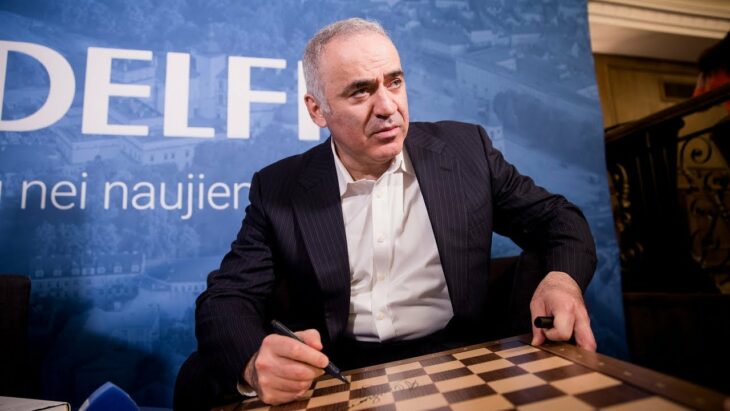Dictators support other dictators, each understanding that his own position would be weaker should another autocrat fall. Successful democracies are bad examples for failing dictatorships and so are targeted by them, especially at a time when American leadership has lapsed if not collapsed.
The Biden administration has an obligation—and an opportunity—to defeat terror and authoritarianism arrayed on multiple fronts. The U.S. faces one war in several theaters, in Europe and the Mideast. Rather than divide resources and attention, Washington must respond by doing everything possible to defeat Russia in Ukraine as quickly as possible instead of allowing Mr. Putin to drag out the conflict in hopes of outlasting Western political support for Ukraine. This doesn’t mean ignoring Israel or the Middle East, but setting them into context as part of the larger fight against terror.
One strategy is for Washington to seize Russian sovereign assets—such as state-owned bank funds—that are already under U.S. control and redirect them to Ukraine’s war and reconstruction efforts. Harvard law professor Laurence Tribe has worked with the Renew Democracy Initiative to develop a legal strategy for doing so.
Also required: Step on the gas with military aid. The U.S. and Germany in particular must stop slow-rolling weapons deliveries out of some delusional sense of fair play or misguided fears of escalation. Like all bullies, Mr. Putin attacks weakness and retreats before strength. It is time for the Biden administration to commit to and to ensure a Ukrainian victory.
Mr. Biden has another front requiring his attention: the home front. He trails Donald Trump in many polls, despite the twice-impeached former president’s indictments and increasingly erratic behavior. Mr. Trump’s return to the White House would be a victory for illiberal populism and a defeat for those who support the rule of law at home and abroad.
Concerns about Mr. Biden are legitimate. He is the oldest American president in history, his family’s legal issues are under scrutiny, and his vice president is unpopular. In the meantime, no one in the Republican primary field looks poised to take on Mr. Trump. It’s too dangerous to hope the GOP will suddenly favor a more-reasonable candidate. American voters will view a Biden-Trump rematch as a new political low, and it will be seen as a symbol of American decline abroad.
There is, however, another path to restoring American vitality. Decisively defeating Russia and Iran and their terrorist proxies would give Mr. Biden a boost on the global stage. Then, rather than proceed with an unpredictable rematch with Mr. Trump, the president could endorse a younger leader up to the challenge: Defense Secretary Lloyd Austin. Though he’s expressed no interest in such a bid, Mr. Austin is perhaps perfect for the moment, a war hero who, in support of Ukraine, has led the greatest international coalition since the 1991 Gulf War. In supporting him, Mr. Biden could repeat the Ronald Reaganplaybook: Defeat the evil empire, secure peace for American allies, and leave the country in the hands of an experienced veteran.
Faced with such a formidable candidate as Mr. Austin, Republicans might ditch Mr. Trump or else fracture into conservative and populist wings. It would be ironic if Mr. Biden were indirectly responsible for the rebirth of a genuine conservative party with traditional values and a commitment to national defense. A race between Mr. Austin and, say, Nikki Haley would produce the kind of debate America needs about its role in the world.
Mr. Biden’s strong show of support for Israel on Tuesday was a good start, but it’s only a start. The president needs to establish clear goals for a clear course of action. These aims should include victory in Ukraine and the destruction of Hamas and Hezbollah—nothing short of creating the conditions for regime change in Tehran and Moscow. That is the only way forward to lasting peace and security.
In his “A Time for Choosing” speech in 1964, Reagan said the answers are sometimes simple though not easy. Mr. Biden has a choice before him that is just that: not easy, but simple. He can go down in history as a placeholder who failed to live up to the challenges of the moment—or as the man who stood tall when faced with evil and put aside personal ambitions for the good of the world.
Mr. Kasparov is chairman of the Renew Democracy Initiative and a co-founder of the Russian Action Committee.





